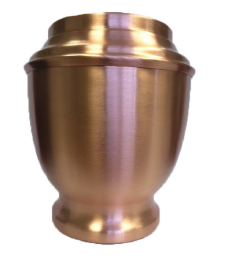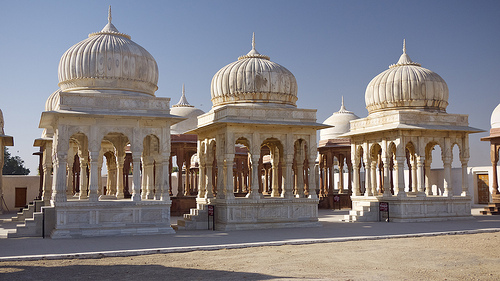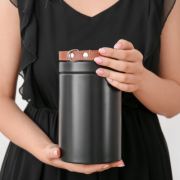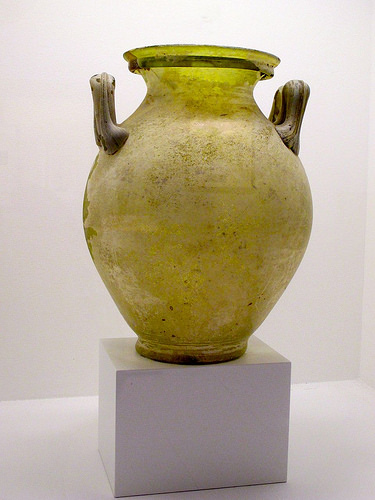How to Select an Urn? Things You Must Consider
 Quite often, cremation is seen as an easy and more hassle-free way to bury a loved one. However, contrary to this belief, preparing for cremation services as the final disposition method takes as much time and preparation as a regular funeral. Although direct cremation may be cheaper because you don’t need a burial plot, embalming, or a fancy casket, it doesn’t mean you will no longer prep anything. One of the things you’ll have to do is choose a cremation urn, especially if you intend to bring the cremated remains home or hold a memorial service after the body is finished with the crematory.
Quite often, cremation is seen as an easy and more hassle-free way to bury a loved one. However, contrary to this belief, preparing for cremation services as the final disposition method takes as much time and preparation as a regular funeral. Although direct cremation may be cheaper because you don’t need a burial plot, embalming, or a fancy casket, it doesn’t mean you will no longer prep anything. One of the things you’ll have to do is choose a cremation urn, especially if you intend to bring the cremated remains home or hold a memorial service after the body is finished with the crematory.
An urn is a vase or jar-like container that will hold the “cremains” or ashes. There are many factors to think of when choosing the right urn to hold your loved one’s remains. The primary consideration of most people is their budget. Shape, color, and design also come into play. You’ll also have to evaluate the holding capacity of each urn to make sure no remains are left out if you want them all together. In addition, you will need to take note of the lifespan of each urn and how it will fare in the long run. If you would like to learn more, here are the things to note when picking an urn.
The Financial Component
Urns come in many styles and are made using different materials. Both these things contribute to the container’s price. Urns come in a broad range of prices, depending on the manufacturer. Be sure to find a meaningful urn without having to drill a hole through your pocket. Some people who intend to release the ashes in the deceased’s favorite location opt for a temporary urn. This is just a small, simple box that can also be discarded after the ashes are let loose.
The Size of the Urn
Urns come in different sizes in order to cater to the ashes and remains produced during the cremation. The standard size for a traditional urn that the Cremation Association of North America accepts is 200 cubic inches, as this size will hold all the remains of adults. This number is what is considered a standard urn. Smaller urns are available for sale for families that wish to split the remains of a loved one. Some families do this, especially larger ones with many members who live in different locations. These small cremation urns are alternatively called keepsake urns. These tiny urns live up to the name as the ashes are kept as keepsakes or mementos to memorialize the deceased.
The Materials of the Urn
Urns can be made of different materials. These materials are selected depending on durability, environmental friendliness, and event cost. Often, urns that are built to last long are made with ceramic. Typically, these urns are kept on display at home, so they come with embellishments like flowery designs or engravings. This is also the urn of choice for people who choose to hold a memorial service after the cremation. Furthermore, you will find a more eco-friendly option that can be composted. If you are burying the urn, an urn made of water and soil or other biodegradable materials is the best choice.
The Urn Design
It is possible to have a bespoke urn; however, having one made to your liking will drive the cost of the urn up. You can have the name of the deceased engraved, along with the date of birth and even a favorite quote. Take note that urns that have more intricate details and designs will cost more than simple ones. In addition, the amount of pigment used or the final finishing material will also jack up the price.
Final Wrap Up
To conclude, there is no proper or improper way for you to lay your loved ones to rest. The celebration of your dearly beloved’s beautiful life can be done creatively, and one way to do so is through cremation. If you find yourself at a roadblock wondering what urn to pick for your loved one, do not hesitate to solicit opinions from other family members and relatives.
For professional help, Tranquility Cremations offers free advice so you can feel confident in picking out from the various urn designs and sizes. Our team of compassionate death-care specialists are also open to answering your questions and inquiries regarding cremation.








